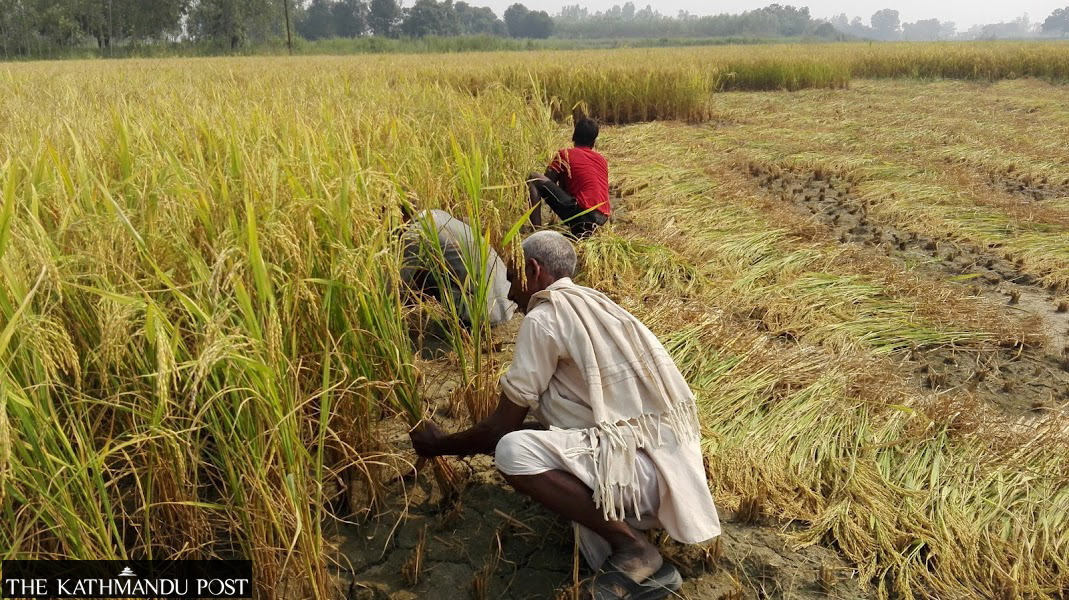Rice Farming in Edo State: A Guide to Successful Cultivation
Rice farming is a vital agricultural activity in Edo State, where it is widely cultivated across the three senatorial districts. As one of the key crops, rice has the potential to bring significant economic benefits to farmers who understand and follow the correct procedures.
Mr. Aliu Tony, chairman of the Rice Farmers Association of Nigeria, Edo State chapter, shared insights into the steps that new entrants in rice farming should take to ensure a successful harvest. According to him, rice farming can be highly profitable if done correctly, but it requires knowledge and proper execution.
Steps to Begin Rice Farming
The first step in rice farming is securing land. This can be achieved through family ownership or by leasing from someone else. Once the land is secured, it must be cleared and prepared for planting. Understanding the texture of the soil is essential because not all soils are suitable for rice cultivation. Clay and loamy soils are ideal, as they retain moisture and nutrients necessary for good yield.
After preparing the land, selecting the right seedlings is crucial. Different varieties of rice seeds are suited for different environments, such as upland and lowland areas. Choosing the wrong variety can lead to poor growth and lower yields. Proper spacing during planting is also important. The recommended spacing is about 1.5 feet, depending on the fertility of the land and the specific rice variety being grown.
Importance of Herbicides in Rice Production
Once the rice plants germinate, the application of herbicides becomes a critical factor in ensuring a healthy crop. Mr. Tony emphasized that using the right herbicides at the correct time can significantly impact the success of the harvest. There are two main types of herbicides: pre-emergence and post-emergence. Using the appropriate type at the right stage of growth helps control weeds and protects the rice plants.
Access to Loans and Government Support
Despite the potential of rice farming, many farmers face challenges in accessing financial support. Mr. Tony highlighted that previous administrations did not provide adequate incentives or access to loans for farmers. Financial institutions often have strict requirements, making it difficult for small-scale farmers to obtain necessary funds.
He mentioned that while the former governor attempted to introduce a fund for farmers, the criteria were biased towards those with substantial assets, which most rice farmers do not possess. The only government support received was a limited number of fertilizer bags distributed to a small group of farmers nationwide. This lack of support hinders the ability of farmers to improve their production and productivity.
Major Challenges Faced by Rice Farmers
Several challenges hinder rice farming in Edo State. These include flooding, drought, poor road access, lack of mechanization, and limited access to loans. Additionally, insecurity due to herders’ attacks makes it unsafe for farmers to tend to their fields. Another major issue is the absence of extension services, which means farmers rely solely on personal experience rather than expert guidance.
Market Opportunities and Recommendations
Despite these challenges, the market for rice is always present. However, farmers often struggle to meet demand due to insufficient production. The price of rice fluctuates based on availability, so increasing production could stabilize prices and benefit both farmers and consumers.
Mr. Tony suggested that the state government should create more land for large-scale farming. By clustering farmers, security threats can be minimized, and cooperation among farmers can be enhanced. He also recommended establishing a special agricultural fund managed by farming associations rather than individuals. This would ensure that resources are distributed effectively and support rice production in Edo State.
Encouraging Youth Participation
Finally, Mr. Tony encouraged young people to consider rice farming as a viable and profitable career option. With the right support and strategies, rice farming can offer long-term benefits and contribute to food security in the region.







